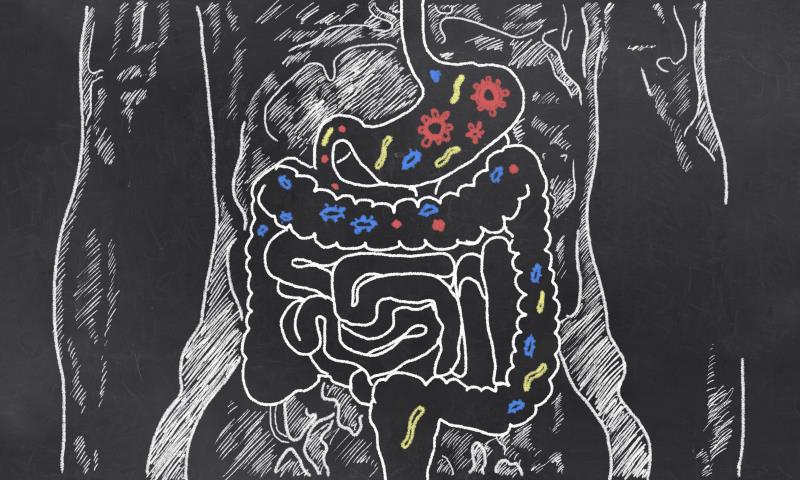
Probiotic supplements, in addition to diet and exercise, may help obese children lose weight along with improvement in metabolic health compared with those undergoing lifestyle modification alone, according to a pilot study presented at the 58th Annual European Society for Paediatric Endocrinology (ESPE) Meeting held in Vienna, Austria.
“Childhood obesity is a growing problem that needs early intervention to prevent long-term health problems; microbiome-based treatments could be a new and more effective strategy for tackling this serious epidemic,” said Professor Chen Rui-Min from Fuzhou Children's Hospital of Fujian in Fuzhou, China.
In the double-blind trial, 54 obese children aged 6–14 years were randomized to receive probiotic supplement (n=30, mean age 9.88 years, mean BMI 25.73) or placebo control (n=24, mean age 9.60 years, mean BMI 25.35) for 12 weeks, in addition to an exercise regime and reduced calorie diet. Probiotic supplements were in capsule form containing Lactobacillus bulgaricus, Bifidobacterium longum, and Streptococcus thermophilus. [ESPE 2019, abstract P1-191]
After 12 weeks, children in the probiotic group had significantly greater weight loss compared with the control group. The addition of probiotics improved BMI to a greater extent vs the control intervention (p<0.05).
In addition, improvement in metabolic measures, as indicated by insulin, triglyceride, fasting blood glucose, and homeostasis model assessment of insulin resistance (HOMA-IR) were significantly greater in the probiotic group than the control group (p<0.05 for all).
Significant reductions were also seen in inflammatory markers such as interleukin-6, tumour necrosis factor α, and lipopolysaccharide binding protein in the probiotic group vs the control group (p<0.05 for all).
“Our findings suggest that probiotic supplementation may help with weight loss and improve metabolic health in obese children, and that this may be an effective strategy for the prevention and treatment of obesity in the future,” said Chen.
The improvement in metabolic health indicates that probiotic supplements may also help reduce the risk of metabolic conditions, such as heart disease and type 2 diabetes, in obese children, suggests Chen, although more studies are needed to verify this.
“More work is needed to confirm these findings — our number of participants was small and limited to the Fuijan area. Other studies have also reported no benefits from probiotic treatment in obese children but these were much shorter in duration. So, further investigation is needed before any medical recommendations can be made,” said Chen.
To further understand the association between gut bacteria and obesity, as well as the role of probiotics in altering the gut microbiome and their effects on metabolic health, Chen and colleagues are currently planning larger trials to investigate these.